Social media. An outlet for creativity, communication, discussion, and bringing people together. Social media has become an important part of today’s society; it has revolutionized the way we connect, share information, and engage in daily life. Social media is accessible to people of all ages, but nowadays it is mostly tailored for the younger generation.
Social media was created to allow users to stay connected and informed within their communities. It is a space for sharing ideas, with vigorous discussions on political, social, economic, religious, personal topics. It is a great tool for connection, allowing people on different sides of the globe to interact as if they were next to each other. It brings down barriers and brings people together, creating spaces where people can find others who are like-minded to them.
However, despite its many upsides, in the eyes of many parents, social media is harmful. Many have guardians who seem like a broken record, lecturing on the negative effects of social media, or completely withholding it from their children. Some parents stand firm in their belief that this beautiful rose of social media still has its thorns. But what if I told you there was some truth in their concerns? Although one won’t likely be kidnapped by telling a stranger online their favorite color, there is a bigger enemy. Comparison. You may be thinking: “How is that even a problem? Don’t compare yourself to others, and be happy with who you are!” Well, it’s not that easy. Many fall into the trap of wanting to know what’s trending among their peers, and download social media apps just to stay current.
The original purpose of social media has evolved away from communication and creativity to an emphasis on creating the perfect life. This shift led to unintentional repercussions, impacting the overall well being of mostly teenagers along with others, according to reporting by the New York Times. Additionally, its addictive nature due to the endless streaming content leads users to be consumed by it. Recently, Surgeon General Dr. Vivek Murthy issued a new advisory about the effects social media has on the mental health of the youth. This advisory changed the dialogue from one of debate to one of warning. In response to the Surgeon General and constituents there have been countless senate hearings with the CEOs of social media apps such as Tiktok, Facebook, Twitter, and Snapchat.
Theodore Roosevelt once said, “Comparison is the thief of joy;” which is exactly what social media does today. On social media there will always be someone better. Academically, physically, mentally, and even spiritually, it always seems that there is something you don’t have or haven’t achieved. Aside from achievements, on social media, there is a constant exposure to ideal and *seemingly* perfect lives, which are often unattainable. Moreover, the rigid beauty standards, which nowadays, seem to be all that matters, pressures many to conform to the narrow definition of beauty. Overtime, this constant exposure and pressure can lead to one feeling as if they are not enough, insecurity, and even in extreme cases, depression. The realistic ability for individuals to struggle to fit into the laughably unrealistic mold set by trends and other sources leads to an alarming number of people questioning their worth.
Many don’t think that simply seeing the lives of others and aspiring to be greater yourself can cause insecurities and low self esteem. But, the constant barrage of seemingly perfect lives can unknowingly result the relentlessly pursuit of perfection. This pressure cooker that we call social media, traps not only teens, but users of all ages into a cycle of insecurity and wanting to be as perfect as others seem. But this begs the question: Why not just avoid the apps? This is completely valid. But as a teenager, I can say we are very naive to the bigger picture. Despite its downsides, many teens are blind and blissfully unaware of the impact social media has on them. Funny, entertaining content as well as interacting with not only friends but like minded people makes social media enthralling.
Some believe that the responsibility lies with the user. If one doesn’t want to feel this way scrolling on their feed, they can easily filter it out. However, social media itself is the problem, not the users. Most, if not all promote having a perfect, well – everything. Face. Body. Personality. Looks. Everything on the outside. What seems to be the rage nowadays is ‘mewing’ to get a perfect jawline, or having an hourglass body or perfectly chiseled abs. This is very toxic to those who aren’t lucky enough to have these – lacking genetic “perfection” causes people to look in the mirror and dislike what they see.
This never-ending comparison is like pouring a Monster Energy drink on a newly budding plant. The newly budded plant, being the easily influenceable mind of a teenager, is “nurtured” into a nagging feeling of inadequacy by social media. It is now a regular for young teens to measure their life up against simply unachievable goals. The argument that kids shouldn’t use social media altogether is very valid, but unfortunately, not very feasible.
All in all, social media stands as a great tool for communication, news, and connection. Its platforms allow users to connect with each other through art and conversation. Unfortunately, the original positive intentions behind the creation of social media warped over time into something that has negatively impacted the wellbeing of the younger generation. However, all hope is not lost. There are many organizations working to prevent these harms and protect all users. The AAP (American Academy Of Pediatrics) and COP (The Child Online Protection) for example, have advocated for teens and against harms social media may cause. But despite the measures being taken, the impact social media has, and continues to have, on teenagers still lingers, like a foul smell that refuses to fade away.








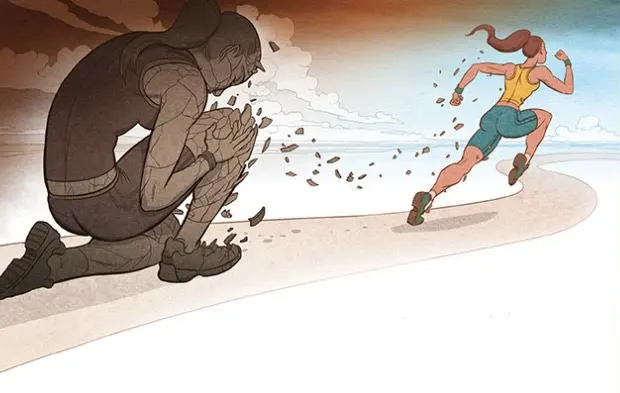




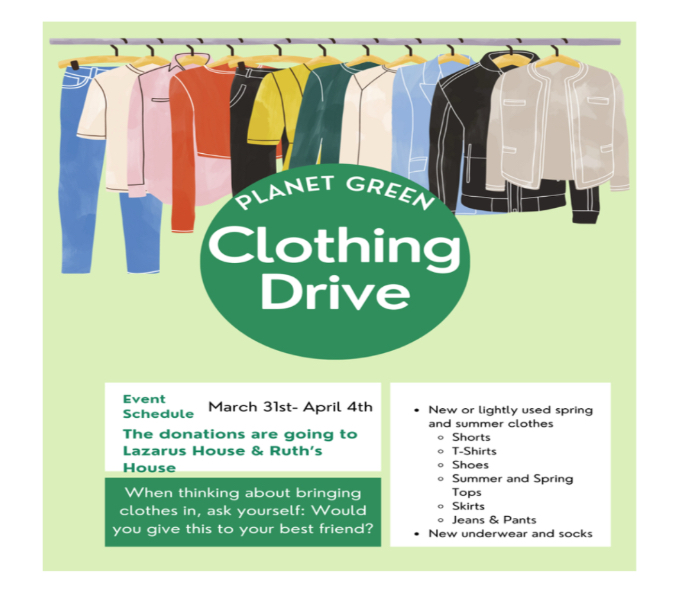


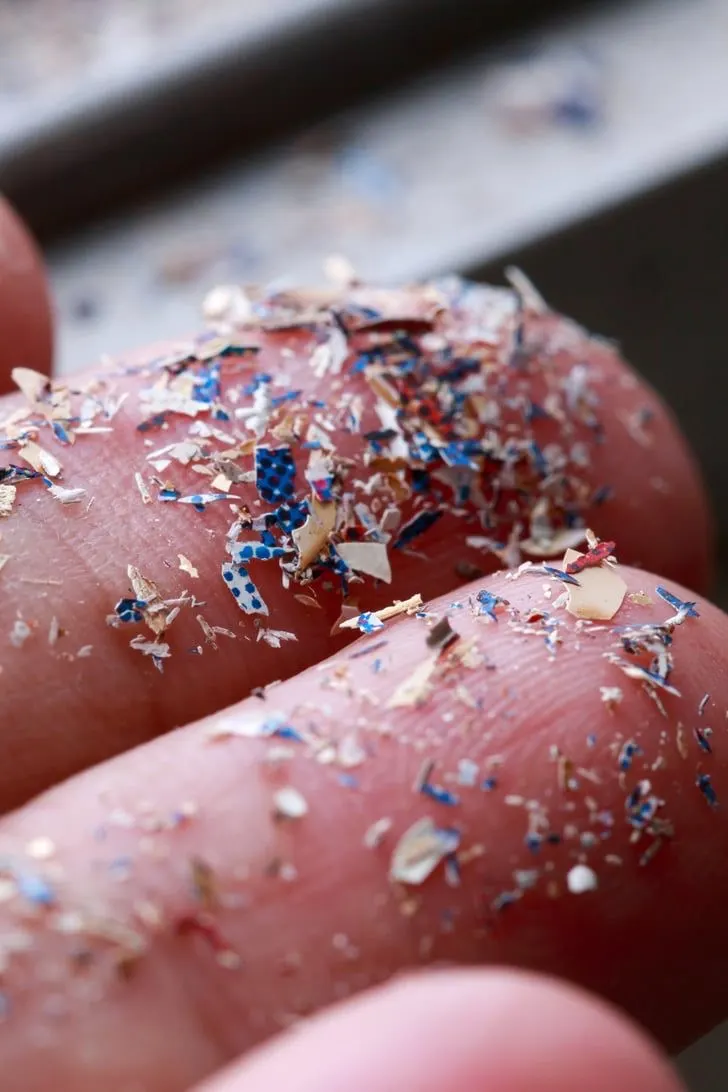


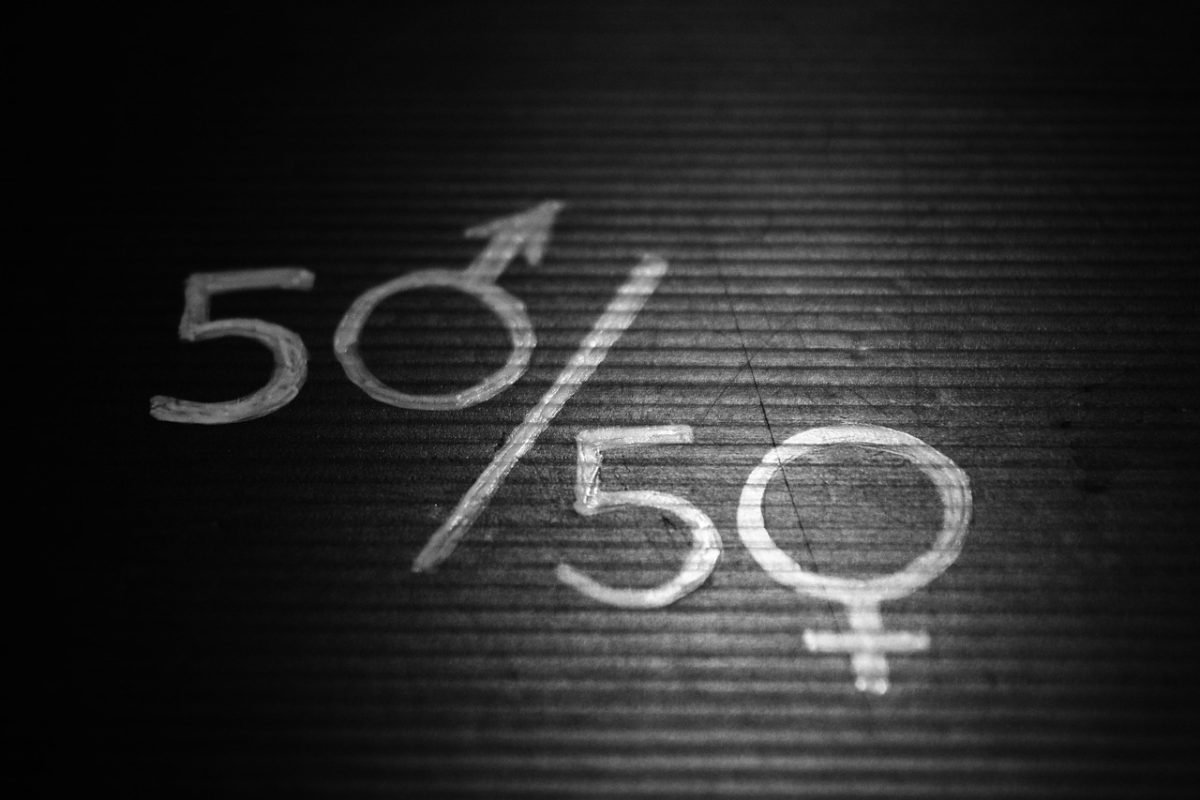


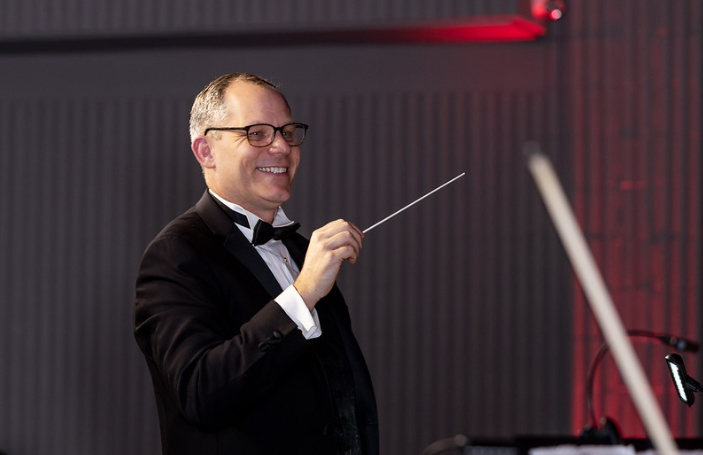


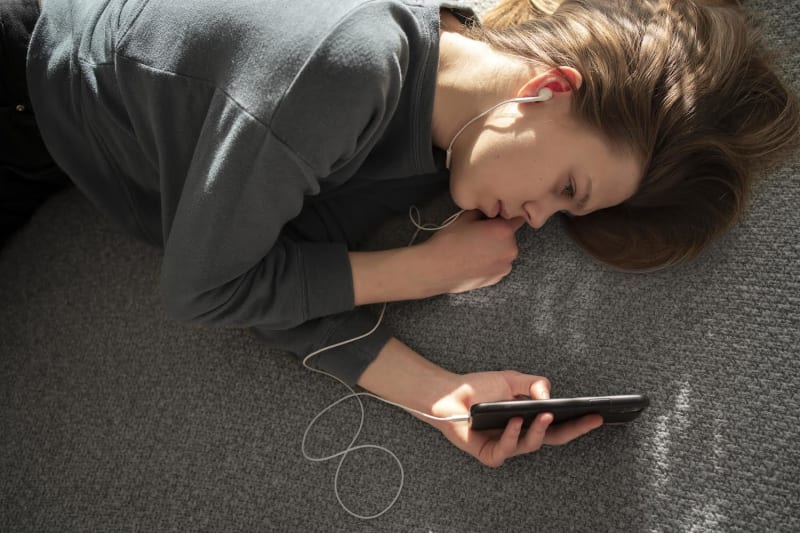


Olivia Gulla • Jun 2, 2024 at 7:41 pm
As a teen myself, I love this article because it educates us on the toll social media takes on us, but at the same time it allows a relatable feeling. In addition, the simile of the flower and the energy drink was really clever as prove the point very well. Finally, I’d like to say how thankful I am I a teen to write this, for it must have taken a lot of thought and guts to write a story that a lot of people may disagree with and agree with. Awesome job!